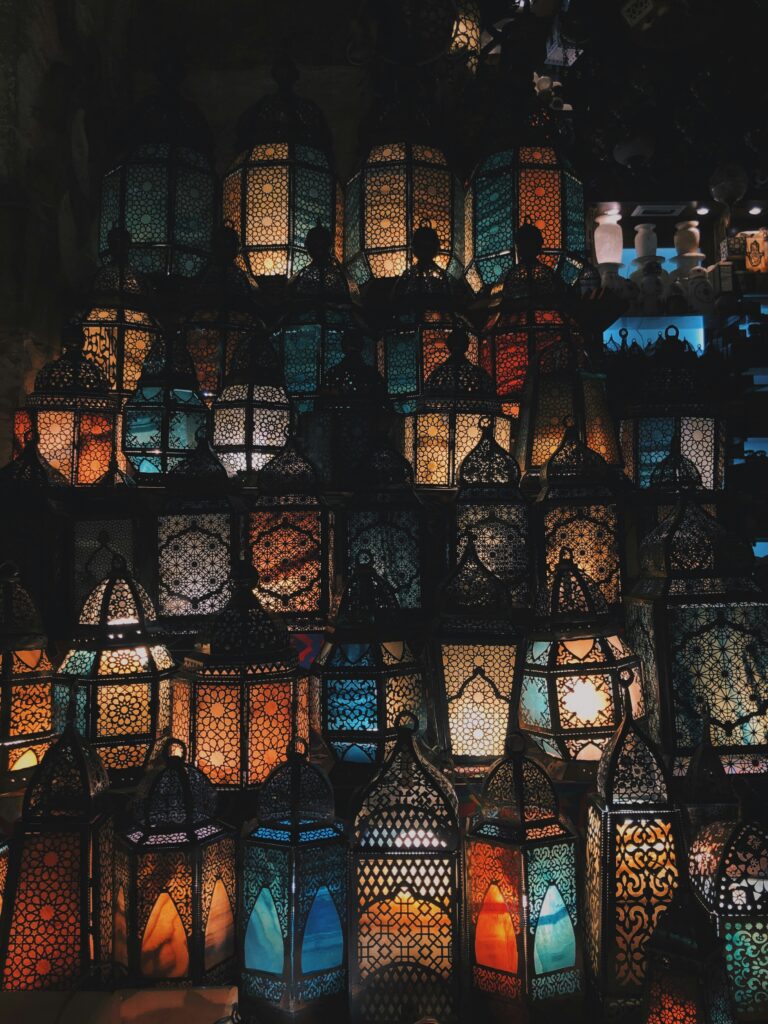Attiya Shaukat, UK

Thank God, gone are the days when, before Ramadan, days or weeks could be spent food prepping. I know many made enormous amounts of samosas, kebabs and condiments for iftar, turning a time of spiritual reflection into a marathon of culinary excess.
It is here that the wisdom and simplicity advocated by our beloved Huzooraa come to light, reminding us of the true essence of Ramadan. With just a few heartfelt words, he has illuminated the path of moderation and spirituality that was exemplified by the Holy Prophet Muhammad, peace and blessings be upon him:
“Whatever I usually have for breakfast, I have the same during the evening meal in Ramadan. As it was the practice of the Holy Prophet Muhammad, peace and blessings be upon him, I eat a date before the evening meal. Other than that, I do not eat lavish things people generally have, like samosas, pakoras and chaats or other unnecessary dishes. I do not like to eat so much that I would be uncomfortable after the evening meal and even struggle to wake up in the morning for the fast. So a simple routine should be kept.’’ (“Members of Nasirat-ul-Ahmadiyya Australia Have Honour of a Virtual Meeting With The Head of The Ahmadiyya Muslim Community”, pressahmadiyya.com.)
Islam teaches us to control frivolous ways rather than worshipping the stomach.
“As a society, we have made it a tradition that we must certainly eat something special during the morning and evening meals of Ramadan. We unnecessarily end up increasing expenditure.” (Ibid.)
As the world is feeling the pinch of a financial crisis, for poorer countries, the monetary pinch is more of a punch, so we should be adopting similar ways to help others.
“Fast in a simple way and the money you save by not eating lavish foods should be donated to charity.” (Ibid.)
European travel advisors sometimes warn tourists not to visit Middle Eastern countries during Ramadan, as Muslims stay up filling their stomachs most of the night till dawn, then spend the day sleeping. Essentially, they turn the day and night on their heads. The performance of Tahajjud or pre-dawn tilawat goes out the window. Some sleep so late, miss sehri, which carries a blessing and then struggle with the basic worship of the day.
Instead of preparing for Ramadan in the kitchen days ahead of this auspicious month, we should be preparing our hearts for the pure blessings that will descend on the 9th month of the Islamic calendar, explaining to friends, neighbours and children the spiritual climb ahead.
We should be encouraging children to wake for sehri and at least offer two nawafil before partaking in the pre-dawn breakfast. We should be reciting the Holy Quran and partaking in charity, and so on.
As Ramadan 2024 begins, I am most grateful to Allah, who has not made religion a curse by innovations, but a blessing by sending the Promised Messiahas and his Khulafa who cut through unnecessary modes of extravagance that have entered parts of the Muslim ummah.
May Allah help develop our virtues to a sublime level, touching the divine and enveloping us in His merciful forgiveness.
Wishing all a blessed Ramadan!

